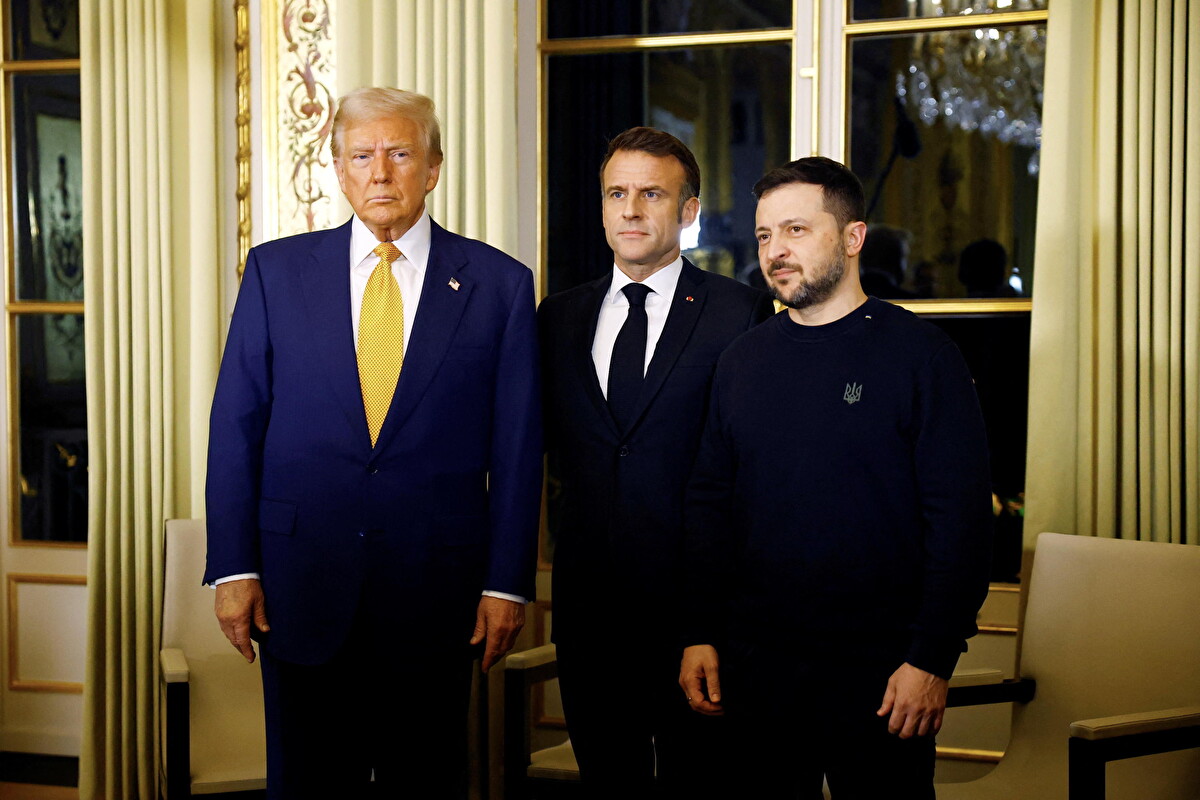The CEO of Nvidia, who is also the tenth richest person in the world, Jensen Huang, is avoiding paying 40% of his net worth to the government for his estate tax. He is not alone, many wealthy figures have been able to evade such onerous taxes with the help of strategizing lawyers and other consultants.
Huang’s total net worth is currently estimated to be $127 billion, with his company being slated as the second-most valuable producer of the chips that power much of artificial intelligence. According to securities and tax filings reviewed by The New York Times, he is the beneficiary of a series of tax dodges that will enable him to pass on much of his fortune tax free.
Ranking as one of the largest tax breaks recorded in the United States, the additional savings being kept for Huang, 61, and his family are on track to be approximately $8 billion.
This tax avoidance, much aided by creative lawyers who have exploited a combination of obscure federal regulations, narrow findings by courts and rulings that the IRS issues in individual cases that then served as models for future tax shelters, is not uncommon among the ultra wealthy. The strategizing of loopholes points to a significant reason as to why the estate tax is only imposed on a very small portion of the country’s considerably rich population.
“You have an army of well-trained, brilliant people who sit there all day long, charging $1,000 an hour, thinking up ways to beat this tax,” said Jack Bogdanski, a professor at Lewis & Clark Law School and the author of a widely cited treatise on the estate tax. “Don’t expect anyone in Congress to stop this.”
The trend of the estate tax evasion is projected to accelerate with incoming Republicans set to control both the White House and Capitol Hill, as some representatives have already begun cutting funding for law enforcement by the IRS. Yet, Huang’s multi-billion dollar evasion, detailed in the fine print of his filings with the Securities and Exchange Commission and his foundation’s disclosures to the IRS, shows the extent to which the tax has already been avoided. Incoming Senate majority leader, John Thune, and other congressional Republicans have been trying to kill the estate tax for years, asserting it is an unnecessary penalty on family farms and small businesses, and further enabling the wealthy’s strategized loopholes.
Daniel Hemel, a tax law professor at New York University, told The New York Times he estimates that the richest Americans are able to pass down approximately $200 billion each year without paying estate tax on it, thanks to the use of complex trusts and other avoidance strategies.
Since 2000, revenue from the estate tax has barely changed, even as the wealth of the country’s richest people has grown exponentially. If the tax had kept pace with the expanding wealth of rich Americans, it would have raised around $120 billion last year, but instead, it brought in about a quarter of that total.












